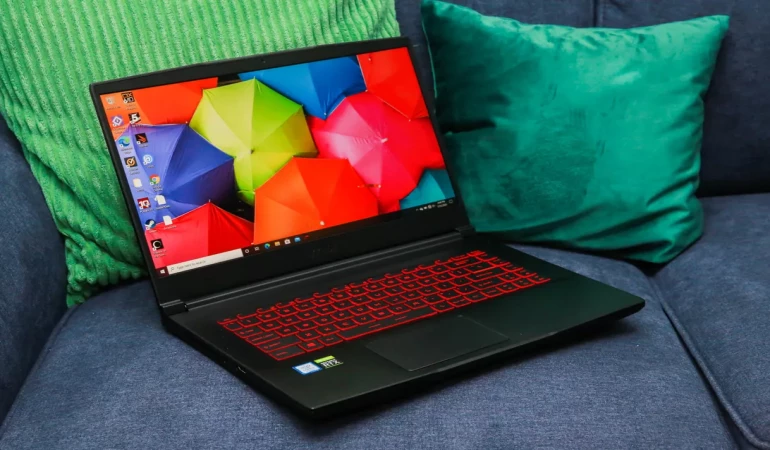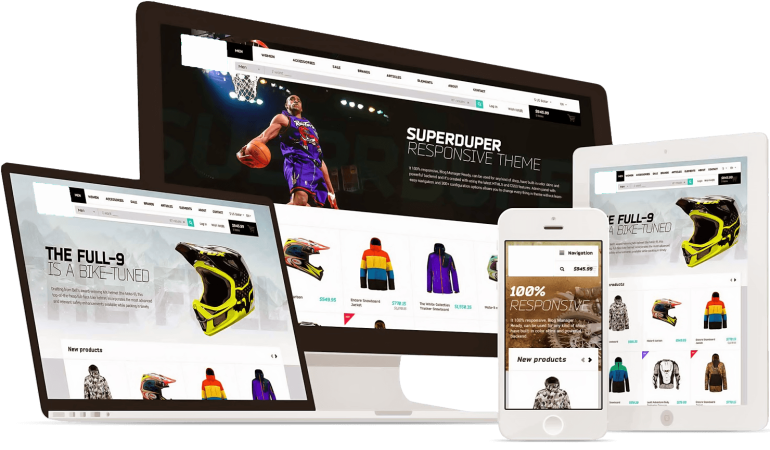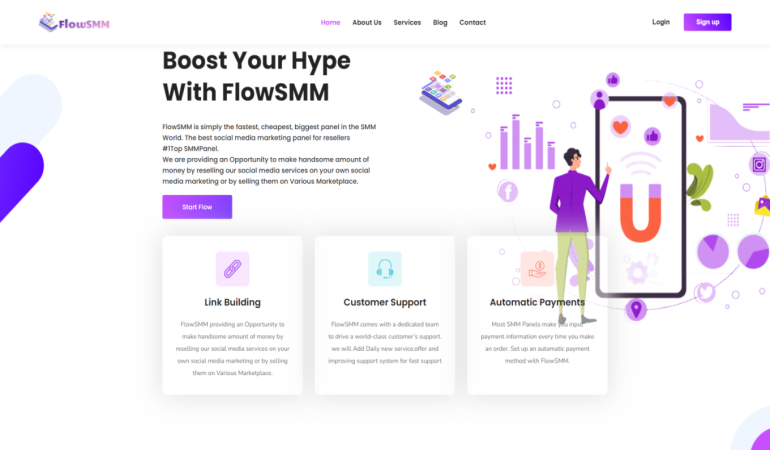Still using Windows 10 You need to change these settings'
There are eight settings you should tweak to stop annoying ads and notifications, improve your computer's speed and boost your privacy.
February 08, 2022 00:54
Microsoft's Windows 11 operating system started gradually rolling out last fall and will be available for all eligible devices by mid-2022. If you're still waiting on the update (here's how you can download Windows 11 now and skip the wait) or debating if upgrading to Windows 11 is worth it, don't worry. You have until 2025 to make your decision. That's when Microsoft will end support for its older OS. No matter the reason you're using Windows 10, some of the OS's default settings collect information, make you see more ads and notifications, and may be slowing down your device.
If you're a Windows 10 user, you'll want to spend just a few minutes looking into these default settings, and potentially turning them off, for the sake of privacy, speed and convenience. Here are eight settings that are turned on by default that you can disable in Windows 10. (You can also check out the top Windows 10 tips and tricks and how to troubleshoot common Windows 10 problems.)
A feature Windows 10 added is an optimized update delivery system, which lets you download updates from other Windows 10 computers over the Internet (not just from Microsoft's servers). The catch, of course, is that your computer is also used as an update-sharing hub for other Windows 10 users.
The Windows 10 Action Center is a handy central hub for all of your notifications -- apps, reminders, recently installed programs. But notification overload is definitely a thing, especially when you add unnecessary notifications (such as Windows tips) into the mix.
Get your notifications under control by going to Settings > System > Notifications & actions and turning off things like Get tips, tricks and suggestions when you use Windows or Show me the Windows welcome experience after updates and occasionally when I sign in to highlight what's new and suggested, and individual app notifications.
Microsoft
pushes its Windows Store apps -- so much so, in fact, that you may be
seeing apps you never downloaded in your Start menu. These suggested
apps are basically ads.







